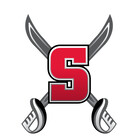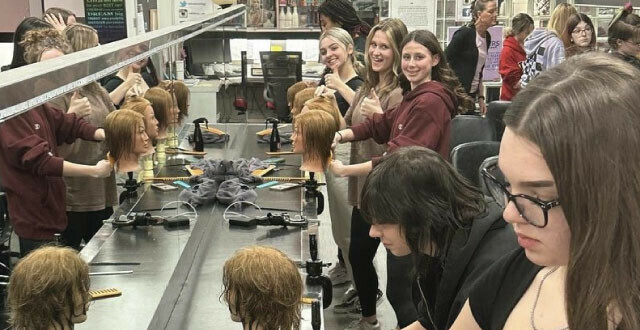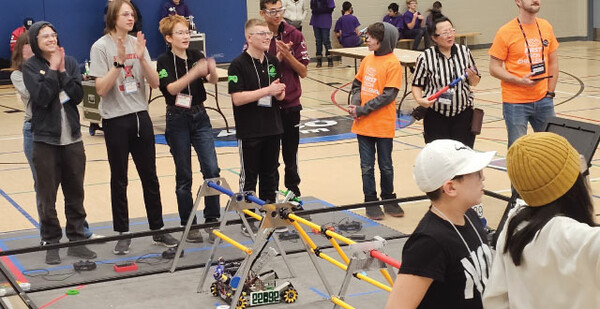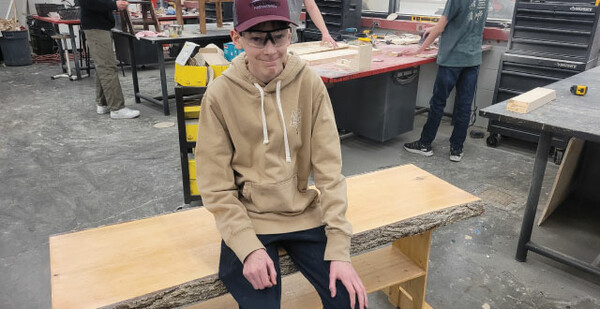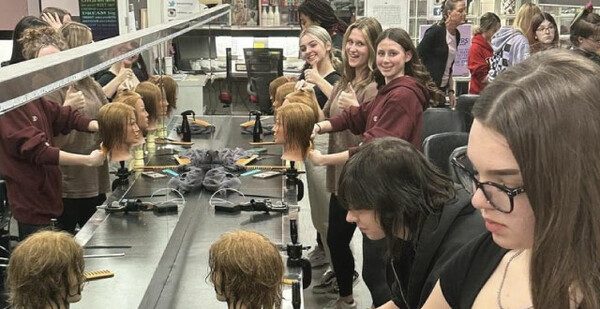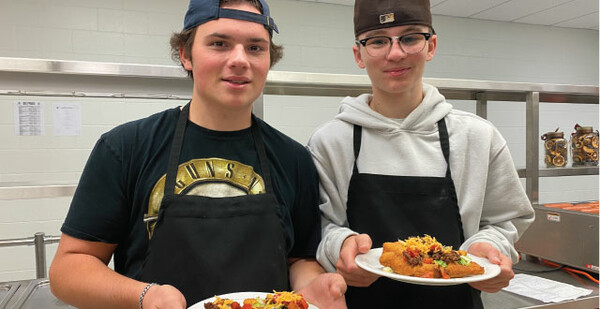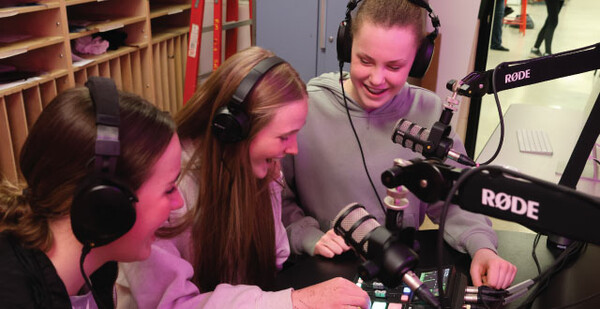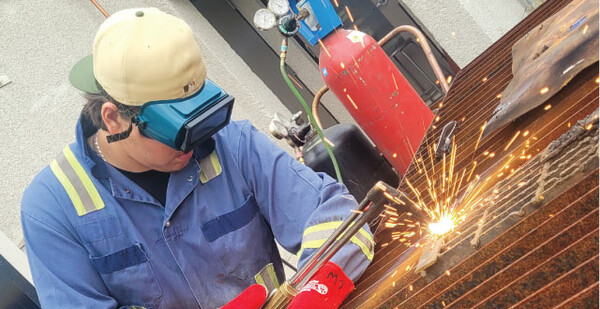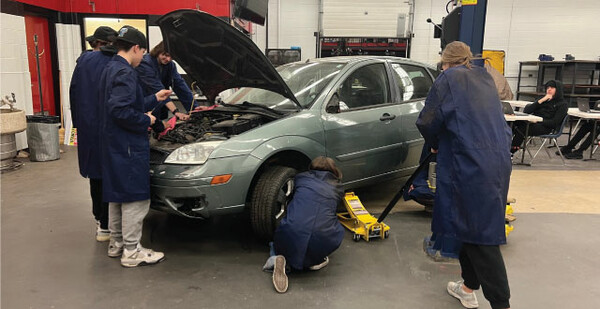Esthetics 10
5 credits
The beginner’s Esthetics course focuses on imparting fundamental skills, placing a strong emphasis on the significance of skincare and personal grooming. Students gain knowledge and proficiency in basic esthetics practices, fostering a more positive self-image. Beyond its practical applicability in daily routines, this course also serves as an introduction to a potential career in esthetics. Topics covered include skin care, nail care, body adornment, and an introduction to theatrical makeup.
It’s important to note that students should choose to enroll in either Esthetics 10 or Cosmetology 10, but not both. Upon successful completion of Esthetics 10, students have the option to progress to Esthetics 20.
Esthetics 20
5 credits
Prerequisite: Esthetics 10 or Cosmetology Studies 10
Expanding on the fundamental skills introduced in Cosmetology 10 and Esthetics 10, this course delves into advanced techniques in skincare, manicures, and makeup application. Students will enhance their proficiency in theatrical makeup, nail art, gel nails, as well as lash and brow tinting. This comprehensive approach broadens their skill set, providing a more in-depth understanding of both cosmetology and esthetics.
Esthetics 30
5 credits
Prerequisite: Esthetics 20
This advanced course places a strong emphasis on client-related services and advanced facial treatments, introducing students to techniques such as microdermabrasion and hydro-dermabrasion. The curriculum also covers theatrical makeup, incorporating prosthetics and airbrushing techniques. Students will further explore body therapy, hair removal, pedicures, nail enhancement, advanced theatrical makeup, and advanced gel nails. Additionally, the program provides insights into the esthetics and spa business, fostering the development of valuable client service skills applicable across various customer-related fields.
Esthetics 30 Advanced
5 credits
Prerequisite: Esthetics 30
After successfully completing the introductory, intermediate, and advanced esthetics courses, students have the opportunity to enroll in the Advanced Esthetics program. This program is designed to prepare them for assessment in both theoretical knowledge and practical skills, ultimately leading to the attainment of the Esthetics Program Certification.
